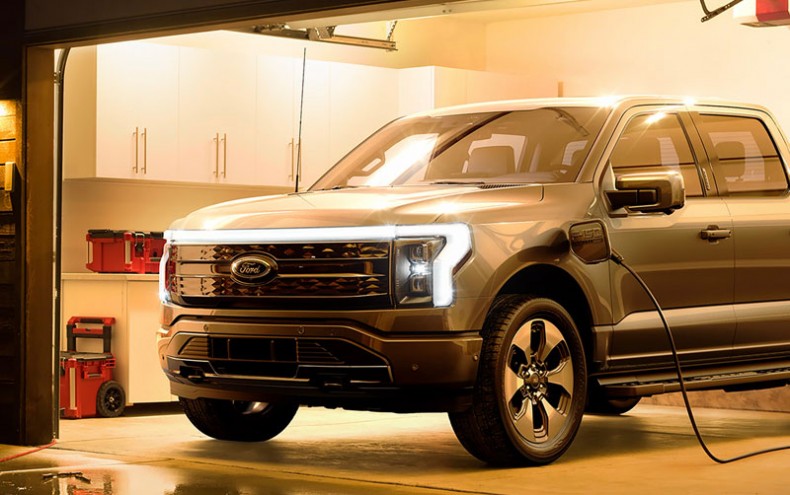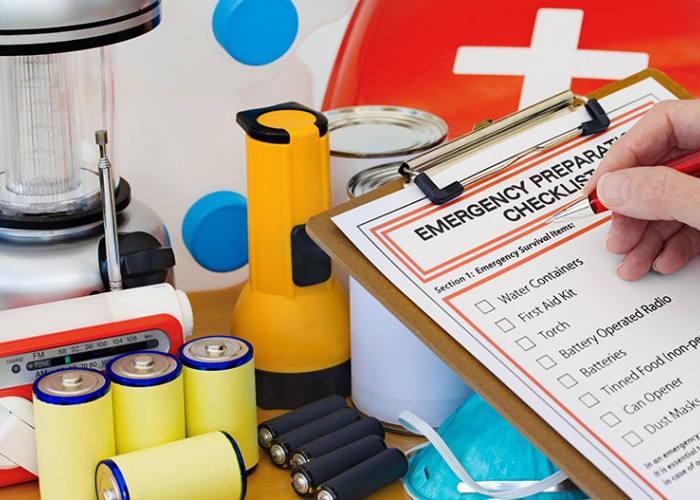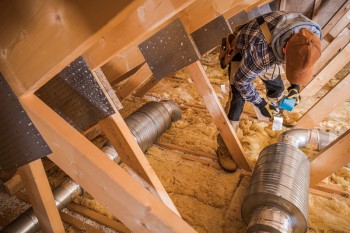- Home /
- Energy /
- Energy Advice /
- Backup Power Options
Backup Power Options
Considerations for storm-ready generators
By Jonathan SusserThe all-electric Ford F-150 Lightning is an example of a backup power source for properly equipped homes. Photo courtesy of Ford Motor Company.
Q: With summer storm season here, I want to be as prepared as possible in case my power goes out. With new backup power options seeming to come to the marketplace every month, what are some technologies I should be aware of?
A: Losing power at home can range from being mildly inconvenient to life-threatening, so it’s smart to evaluate what resources are available and how to use them, particularly during this time of year.
In this article, we’ll provide a high-level overview of a few existing and emerging technologies. With all of them, we highly recommend first contacting your local electric co-op to speak with an energy expert, working with a certified electrical contractor, and seeking references from friends and neighbors. Unfortunately, there are bad actors trying to prey on unsuspecting customers by advertising false benefits.
You’re likely most familiar with portable generators. Portable generators typically run on an internal combustion engine fueled by gas. They can be extremely valuable for getting through outages, but have downsides such as needing to be used outdoors, their noise and exhaust emissions. Another class of generators, larger home standby generators, are wired directly to your home and turn on automatically when power goes down.
Solar arrays, such as one you might add on your roof, are sometimes touted as promoting energy independence. However, most residential arrays are connected to the electric grid and must stop producing power when a grid outage or interruption occurs to avoid back-feeding electricity, or pushing it onto the grid when the grid is down, which can be extremely dangerous. In certain safe configurations, solar arrays can be completely off-grid and used during power loss.
Generator Safety
Backup generators can be valuable resources should power go out, but if used improperly they can kill you or the people who are restoring power to your home. Find generator safety information and other storm prep information at ncstormcenter.coop.
Battery energy storage systems are stationary units that hook up to your gate, fence or home and can store energy when the power is on and dispatch it later, such as during an outage or when electricity prices are more expensive (for members on particular electricity rate structures). Some electric vehicles — which are basically mobile battery storage systems — like the Ford F-150 Lightning also now come with the ability to supply power from their batteries back to a home or to specific appliances.
Finally, solar arrays can be paired with battery storage. With this setup, the battery system can provide power when needed and then be replenished by the solar array.
No matter which technology you end up pursuing, one of your first steps should be to assess your most critical appliances and devices. If an outage occurs, what needs to stay on? Do you have life-sustaining health/safety equipment, or equipment essential for your crops or livestock? Knowing how much electricity these use, both while running and starting up, will help you determine the appropriate sizing for your backup power. An electrical contractor can assist with the process, or learn more at the link in the Generator Safety box.
Best of luck navigating this hurricane season and finding the solution that meets your needs.
About the Author
Jonathan Susser is a writer and editor for Advanced Energy in Raleigh.
-
Stay safe during and after the storm







